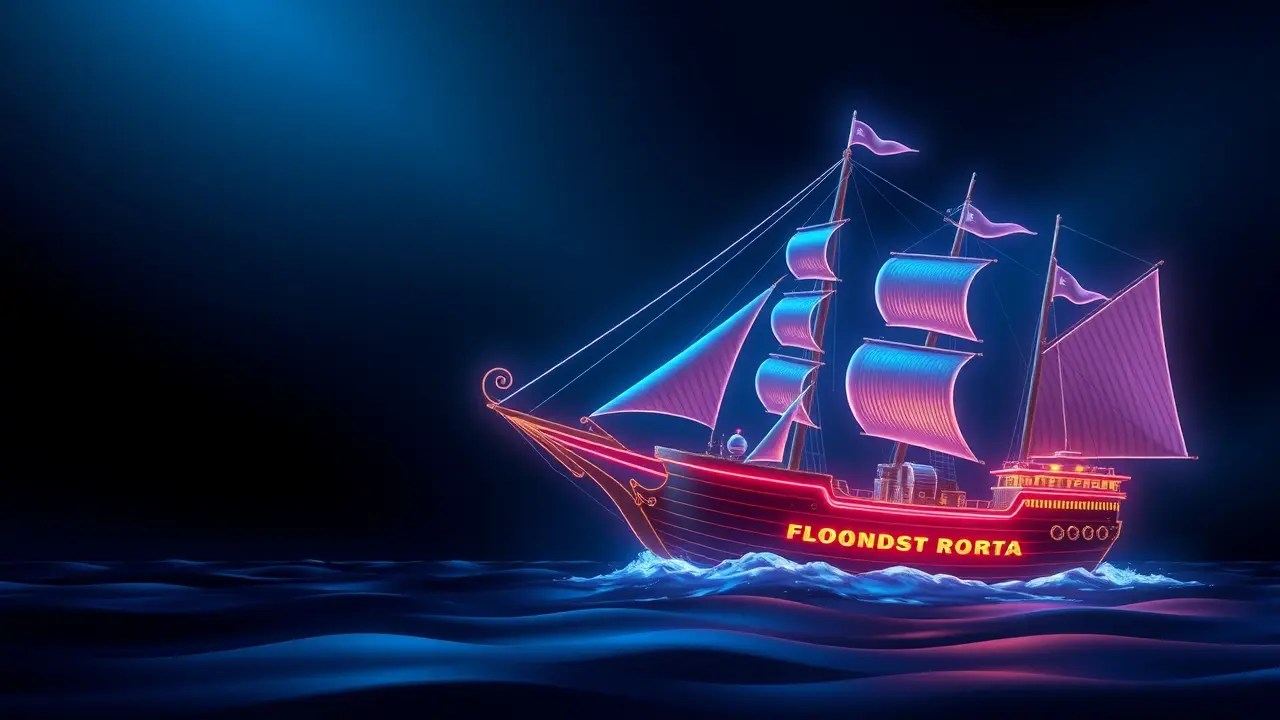
SciencearchaeologyAncient Civilizations
Academic Defends Malay-Roman Shipbuilding Theory Against Media Criticism.
AN
Andrew Blake
2 hours ago7 min read
In a fascinating academic controversy that bridges ancient history and modern media dynamics, Malaysian scholar Solehah Yaacob has mounted a vigorous defense of her provocative theory suggesting Roman shipbuilding techniques were influenced by Malay maritime expertise. The associate professor from the International Islamic University Malaysia, specializing in Arabic language and linguistics, finds herself at the center of what she describes as a 'media lynching' following the viral circulation of a lecture she delivered in December 2022, which only recently gained widespread attention after being shared on social media platforms in late October.This isn't merely an academic squabble over ancient naval architecture; it represents a compelling case study in how historical claims reverberate in our digital age, where complex theories can be reduced to sensational headlines without proper context. Dr.Yaacob's assertion challenges conventional Eurocentric narratives of technological development by proposing knowledge transfer from Southeast Asian maritime traditions to one of history's greatest empires—a paradigm shift that, if substantiated, would fundamentally reshape our understanding of cross-cultural exchange in the ancient world. The Romans, renowned for their engineering prowess across domains from aqueducts to road networks, indeed maintained extensive trade routes that connected them with Eastern civilizations, though mainstream historiography has typically positioned Rome as the technological exporter rather than importer.What makes this controversy particularly intriguing is the intersection of academic specialization—Dr. Yaacob's linguistic background versus the archaeological and historical expertise typically associated with such claims—raising important questions about interdisciplinary boundaries and who holds authority to speak on certain historical matters.The timing of this debate coincides with broader global conversations about decolonizing history and re-evaluating technological contributions from non-Western civilizations, from African metallurgy to Chinese nautical innovations. While critics have questioned the evidence supporting Dr.Yaacob's claims, pointing to the well-documented evolution of Roman shipbuilding in the Mediterranean tradition, her defense highlights how academic discourse often struggles when transported from specialized journals to social media platforms where nuance frequently falls casualty to polarization. This case echoes previous historical revisionism debates, such as Gavin Menzies' controversial claims about Chinese exploration or the ongoing discussions about African influences on Greek philosophy, reminding us that rewriting history inevitably involves contemporary power dynamics and identity politics.The Malaysian academic's steadfast position amidst criticism reflects a growing trend of scholars from traditionally marginalized regions challenging Western academic hegemony, while the vehement backlash illustrates the resistance such challenges often provoke. As this debate continues to unfold across academic circles and social media, it raises profound questions about how we validate historical knowledge, who gets to determine authoritative narratives, and what responsibilities media outlets have when covering specialized academic disputes that intersect with sensitive issues of cultural heritage and national pride.
#archaeology
#historical theory
#academic controversy
#media criticism
#Malay history
#Roman history
#shipbuilding
#featured
Stay Informed. Act Smarter.
Get weekly highlights, major headlines, and expert insights — then put your knowledge to work in our live prediction markets.
Comments
Loading comments...
© 2025 Outpoll Service LTD. All rights reserved.